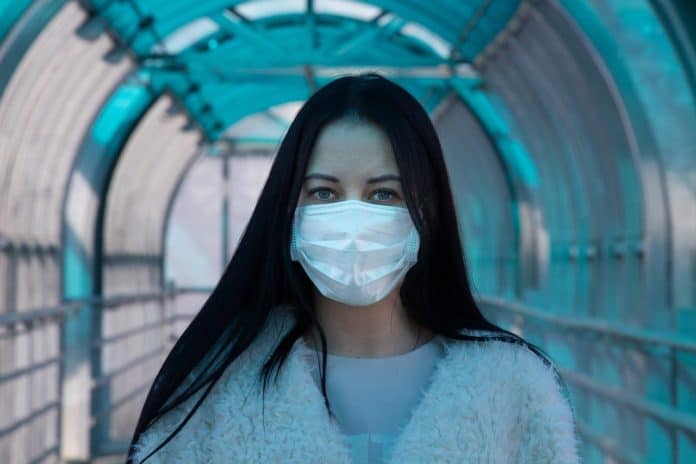KOCHI: With the Central Government making facemasks mandatory in public and at workplaces, health experts are rooting for homemade masks. Any clean piece of cloth that helps cover the face will serve the purpose, they aver. Given that surgical and other branded masks are in short supply, the government’s advice is for people to make their own masks. Doctors say such masks, though not fail-safe, can provide a reasonable level of protection against the virus.
“According to an international study, a layer of cloth made out of cotton fabric on a person’s face is enough to stop 99 per cent of droplets from falling on others while sneezing or coughing,” a senior health official told TNIE. “Triple-layered surgical masks and N95 masks are meant for health workers. They aren’t required for asymptomatic people. Especially as they are in short supply even for health workers.”Personal protective equipment, particularly facemasks, are at a premium the world over. A lack of knowledge on the type of mask to use, however, has resulted in huge demand for medical-grade surgical-use masks.

The shortage is being felt where they are needed the most — in hospitals, and for medics and healthcare workers who continue to battle the virus valiantly at the frontline. Dr Tinku Joseph, a pulmonologist with AIMS in Kochi, said it is always better to wear some sort of mask to remain protected from infections rather than being in public places without covering the face. “Though studies have shown that cloth masks don’t give complete protection from infections, it can still be used as a protective gear,” he said.
Also read: How far can air carry coronavirus?
“In a public place, if someone coughs or sneezes without any face cover, a person wearing a cloth mask is protected from large droplet transmission.” The widely used masks include N95, surgical, and cloth masks. Other protective masks like FFP3/FFP2, though not commonly used, are available in the market. “The transmission of the disease in some countries including Japan could be restricted to a certain level with a majority of the population developing a habit of wearing masks.
The Centre has come up with the new guideline to stop the spread,” Dr Tinku said. The Centre for Disease Control and Prevention has come out with certain guidelines for reusing cloth masks. “All masks are designed for single use and, therefore, even reusing a cloth mask is not recommended. If needed, it can be reused after adopting certain methods, like cleaning using hydrogen peroxide, UV ray light and moist heat, in which the mask is washed and air-dried for four days,” Dr Tinku said.


